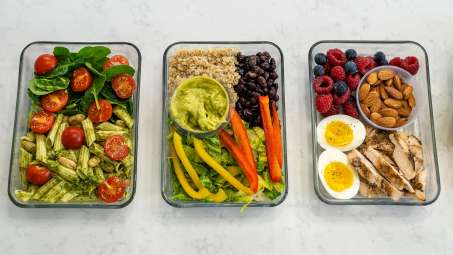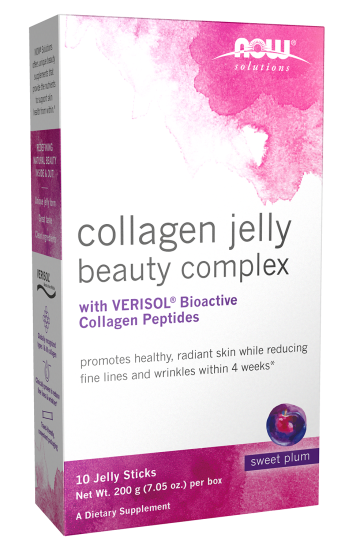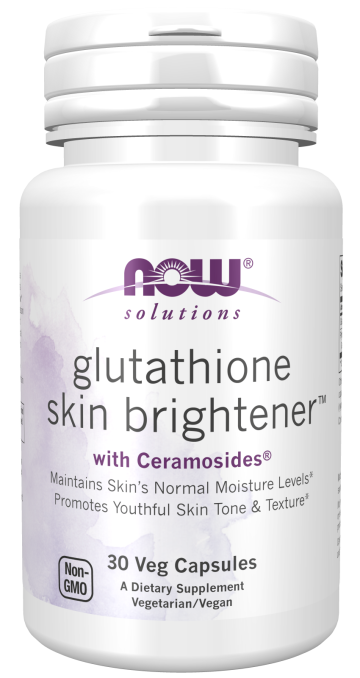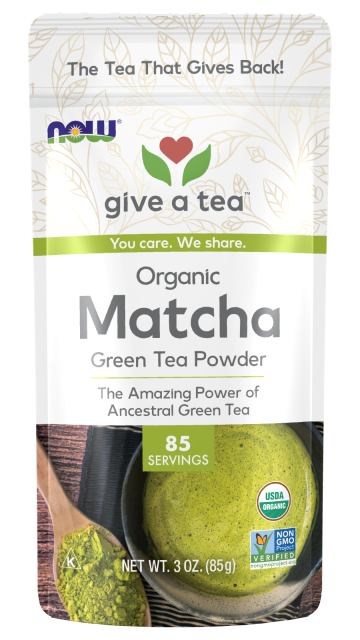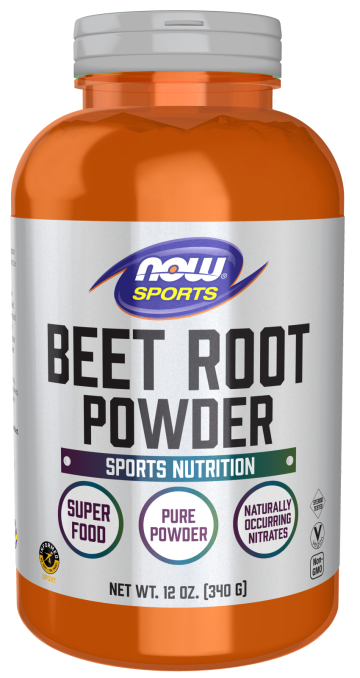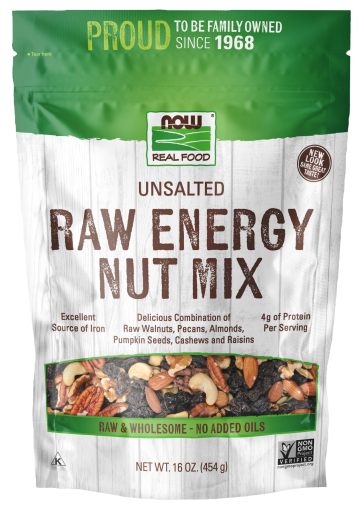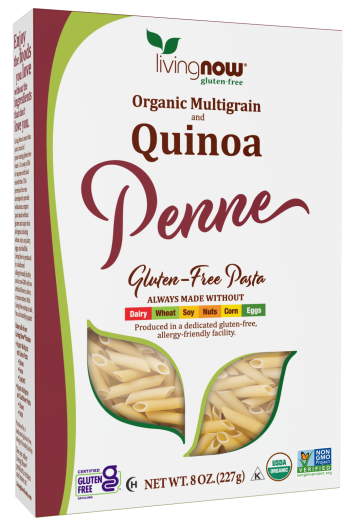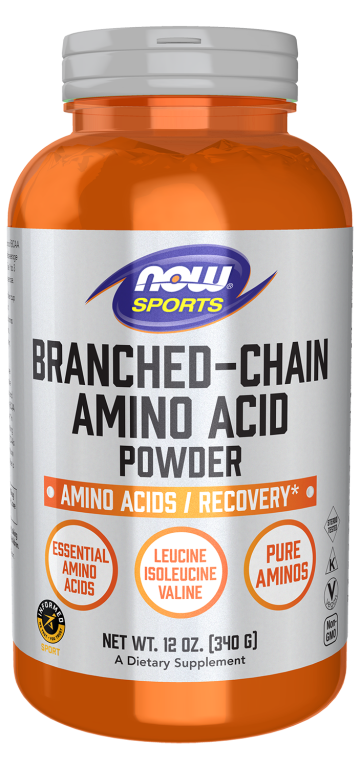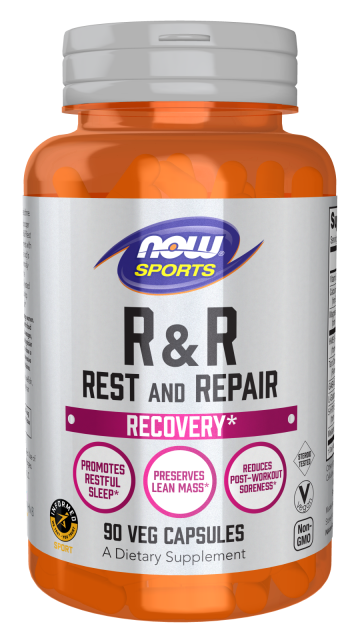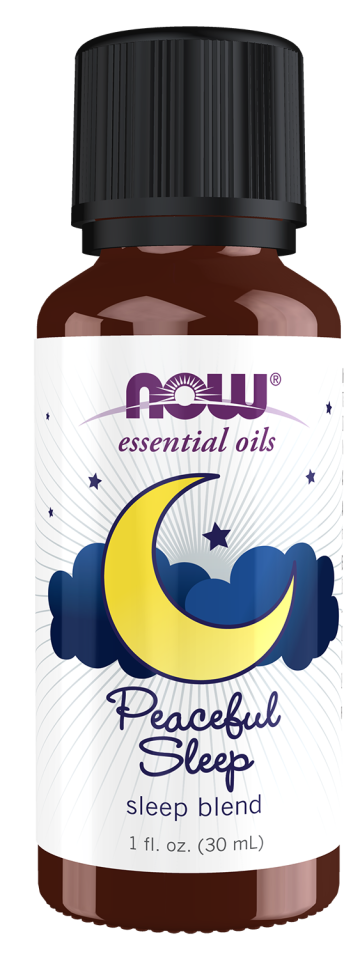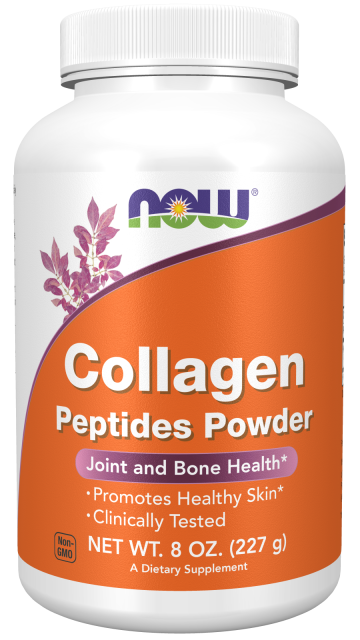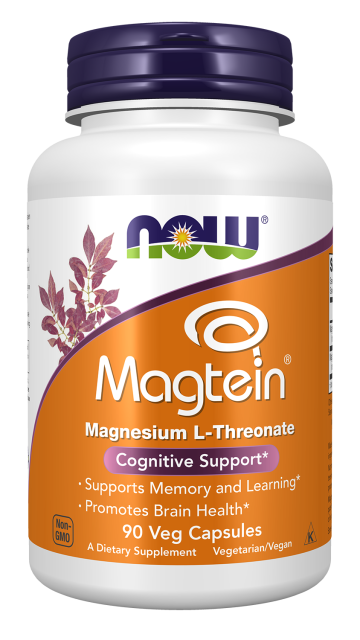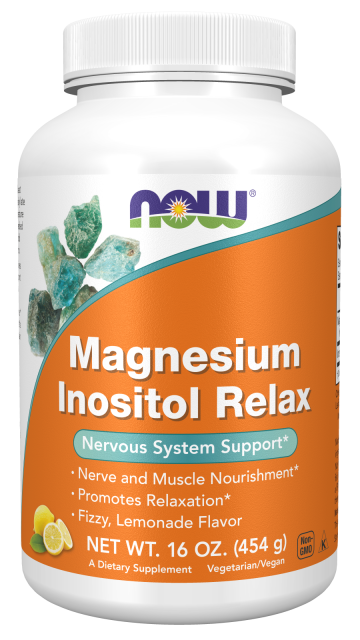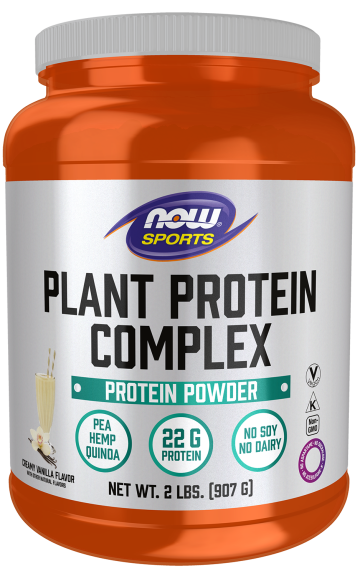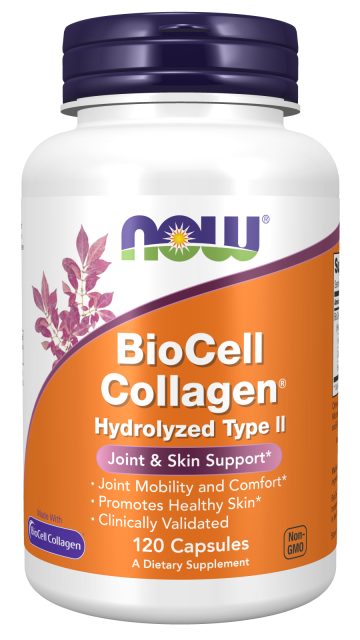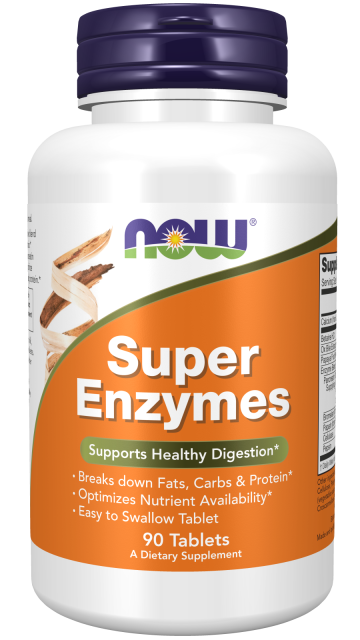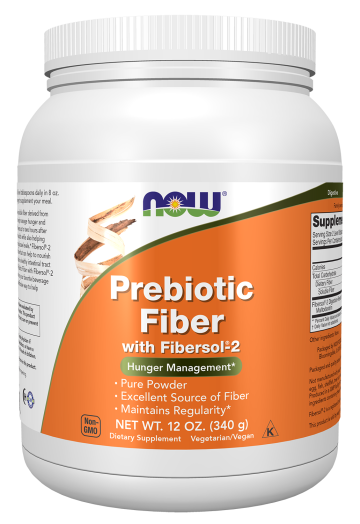Use coupon code MOISTURIZER with your purchase of $40 or more for a free†
Blemish Clear MoisturizerDJ Blatner
Registered Dietitian Nutritionist
Blatner is a nationally-recognized registered dietitian nutritionist (RDN) who combines the science of sports nutrition with the power of JOY. With a background as the head dietitian for a pro sports team, she now helps people fuel their everyday energy—not with strict rules, but with a positive and fun approach to good nutrition. Give DJ a wave if you see her on Good Morning America, or find her feel-good food philosophy featured in Prevention, Real Simple, Shape, and more.
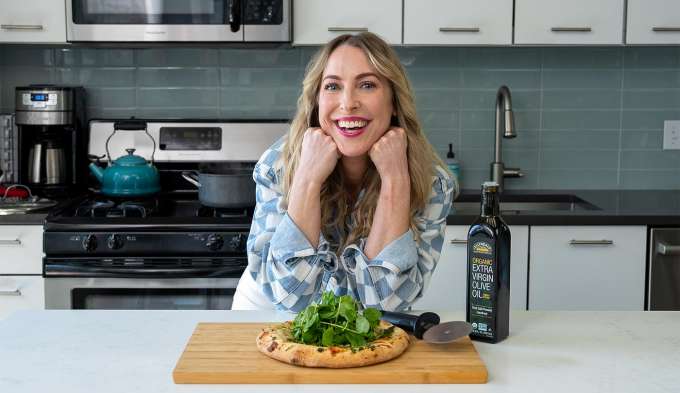

I love that NOW is a total wellness solution. Knowing that I can fully trust that what's on the label is in the bottle is so important. Their testing and quality commitment is second to none.
DJ's Wellness Info
Boost Your Body’s Own Appetite Hormones
4 Ways to Restart Your Gut Health Every Morning
Let’s Clear Up the Collagen Confusion
My Surprising Skincare Secret
3 Nutrition Myths Blow My Mind
Quick Energy Fixes
Embrace Your Craving Compass
Your Joy GPS
3 Basics to Building Muscle
The "CORE 4" Approach to Living Well
Magnesium, Which One is Right For You?
Three Ways to Add More Protein At Breakfast
A Dietitian's Natural Travel Kit
Six Ways to Live More Joyfully
A Dietitian's Three Favorite Sweet Tooth Hacks
A Dietitian's Three Go-To's After a Tough Workout
5 Tips for Boosting Your Energy NOW
Seed Up! 3 Super Seeds: Chia, Hemp and Flax
DJ's Recipes
3 Wellness Shots for a Healthy Boost

Protein Cookie Dough

Sleepy + Recovery Girl Mocktail
DJ Blatner's Expert Advice
Key Nutrients for Menopause
Menopause is a single point in time, 12 months after a woman’s last period.

Eating for a Healthier Gut: 3-Day Gut Guide
Looking to boost digestion, beat the bloat and keep your gut feeling happy?

Immune Support Checklist
Our immune system has the huge task of protecting us against infection, illness, and disease.
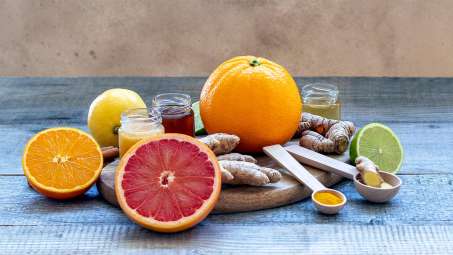
Ready, Set, Go Flexitarian!
Interested in pursuing a more plant-based lifestyle?

Jump Rope Workout
Jumping rope has been deemed one of the most efficient and fun workouts you can do to build your fitness stamina and coordination.

Featured Products
More From DJ Blatner
*These statements have not been evaluated by the Food and Drug Administration. These products are not intended to diagnose, treat, cure or prevent any disease.


